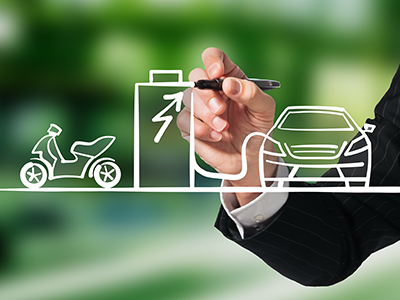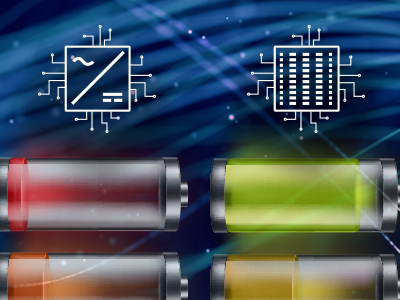Overview
Get an in-depth understanding of varied profitable business models for electric cars.
Electric cars are more than a novel means of mobility. They have been recognized as an essential building block of the energy transition. Fulfilling their promise will imply a significant change in the technical, digital and social dimensions of transport and energy infrastructure. If you want to explore the business opportunities this new market offers, then this is the course for you!
This course explains how electric mobility can work for various businesses, including fleet managers, automobile manufacturers and charging infrastructure providers. The experts of TU Delft, together with other knowledge institutes and companies in the Netherlands, will provide insights into and examples of how innovations have disrupted conventional businesses and created new businesses altogether. This will be explained through various concepts and models, including total cost of ownership models, lean mass production, value chain thinking and business integration.
After completing this course, you will be able to create e-mobility business models and develop a new strategy for your company which includes transition to or incorporation of e-mobility.
The course includes video lectures, presentations and exercises, which are all illustrated with real-world case studies from projects that were implemented in the Netherlands. This includes Fastned, Jedlix, Royal Haskoning and VDL.
This course was co-developed with the Dutch Innovation Centre for Electric Road Transport (Dutch-INCERT) and is taught by experts from both industry and academia, who share their knowledge and insights.
What you'll learn:
- How electric cars are disrupting conventional business models
- How to apply advanced business innovation tools
- How to develop profitable e-mobility business models
- Innovation in future mobility
Details
Course Syllabus
Week 1: EV Charging Infrastructure
- Destination Charging
- Fast Charging and future charging
- Smart grid and smart charging
- Lessons for stakeholders
- Case study: Fastned
Week 2: Switching to EV Fleets
- EV fleet introduction
- Economies of Electric Vehicles compared to gasoline vehicles
- EV fleet management
- Non-financial factors
- Case study: Royal Haskoning
Week 3: Electrification of transportation
- Electrification of Road Transport vehicles
- Technology push to market pull
- Electrification - global business
- After-sales
- Case study: VDL
Week 4: Advanced EV Business
- Autonomous Electric Vehicles
- Smart Charging
- Vehicle V-2-X
- Spark City
- Case study: Jedlix
License
Unless otherwise specified, the Course Materials of this course are Copyright Delft University of Technology and are licensed under a Creative Commons Attribution-NonCommercial-ShareAlike 4.0 International License.
Qualifications
Chartered Engineering Competences
All our online courses and programs have been matched to the competences determined by KIVI’s Competence Structure, a common frame of reference for everyone, across all disciplines, levels and roles.
These competences apply to this course:
- A1: Extend your theoretical knowledge of new and advancing technologies.
- E3: Undertake engineering activities in a way that contributes to sustainable development and a circular economy.
Admission
This is a Massive Open Online Course (MOOC) that runs on edX. It is recommended that learners complete the first course, 'Electric cars: Introduction' before beginning this course to be familiar with the basic concepts.


